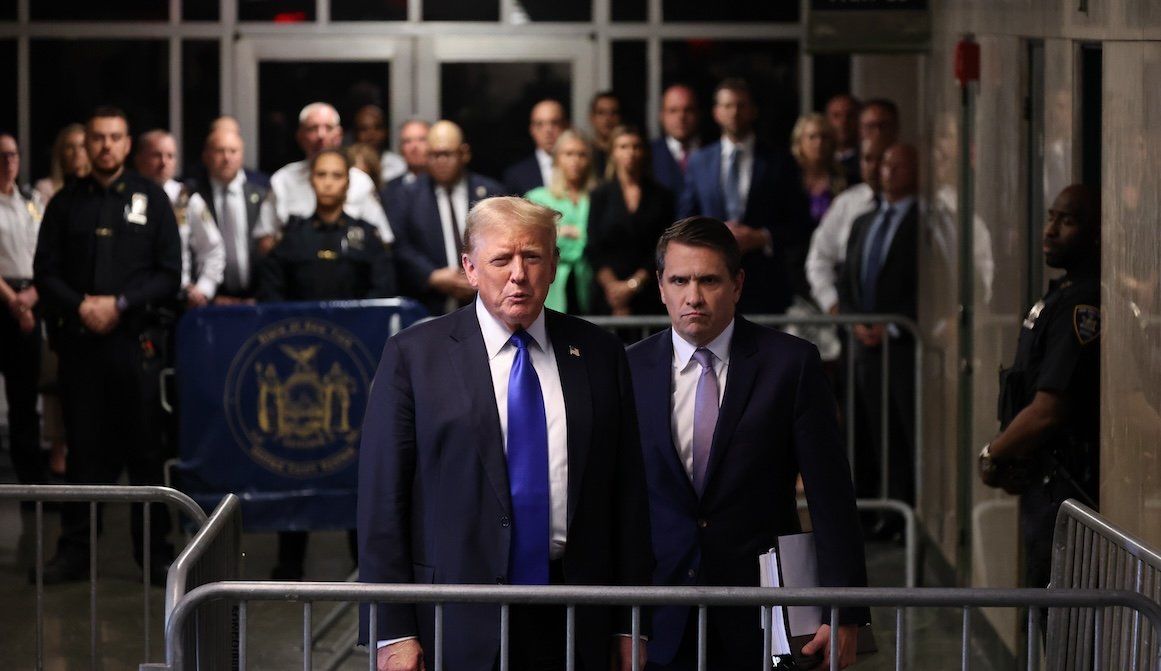Former President Donald Trump’s sentencing in his New York hush-money case, which had been scheduled for Sept. 18, has been delayed until after Election Day.
Judge Juan Merchan on Friday announced that Trump would not be sentenced until Nov. 26. Merchan said the decision was made to “avoid any appearance — however unwarranted — that the proceeding has been affected by or seeks to affect the approaching presidential election in which the Defendant is a candidate.”
In May, Trump was found guilty of 34 felony counts of falsifying business records in relation to a hush money payment to former porn star Stormy Daniels. Prosecutors argued that the payment was tied to Trump’s desire to protect his 2016 presidential campaign. Trump could be sentenced to up to four years in prison, but legal scholars say this is unlikely given his lack of a criminal record — and the fact this was not a violent crime.
“The court did the right thing in trying to turn down the temperature by avoiding this politically charged sentencing,” says Jon Lieber, Eurasia Group’s managing director for the US.
We’ll also be watching to see how Merchan rules regarding the Trump legal team’s push for the verdict to be overturned and for the case to be dismissed in light of the Supreme Court’s recent decision on presidential immunity. Merchan announced on Friday that he was also delaying his decision on this matter until November 12, a week after the election.
